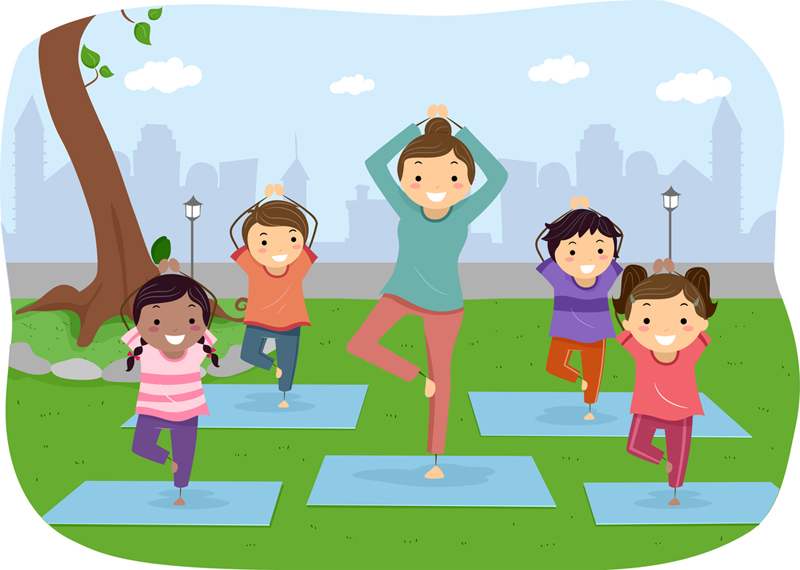We all want to raise children that are confident, caring, adaptive, happy and successful. However, when juggling a busy schedule and day to day stresses, it can feel hard to also successfully attend to our kids’ emotional needs and impart life lessons.
The good news is that it is okay to miss some opportunities, but providing an environment in which your child feels emotionally supported the majority of the time, helps them develop an understanding and awareness of themselves that will support them in all areas of their life.
Here are 5 important things to teach your children:
It’s OK to make mistakes. Believing that we have to be perfect, is damaging to self-esteem, because it is impossible! We all make mistakes, which is an important part of learning and growing. Replacing shame and embarrassment, with an open discussion about what they would have liked to have done differently, removes pressure and guilt. Share your experience of making mistakes and what you learned.
Don’t judge. When we judge others, we tend to judge ourselves twice as hard. Replacing judgement with open-minded curiosity about someone’s experience, increases empathy and compassion for others, and ourselves. Help your children expand on their thoughts about others and ease up on rigid ways of thinking.
Their feelings matter. Believing that are feelings are stupid, wrong, will be rejected or are shameful is very stressful, and trying to hide them leads to problems. It is important to give your child room to share their feelings and have them validated. This experience will help them become more aware of their inner experience, which increases their sense of self-worth.
Ways to comfort themselves. Many kids don’t learn ways to cope with strong feelings. This can lead to anxiety, depression and “acting out” behaviors. Help your child to find ways to soothe themselves during high stress times. Some ideas are reading, taking a nap, coloring, playing with toys, taking a bath, listening to music, writing in a journal, meditating, drawing, taking a walk and talking to someone. Having the ability to self-soothe makes children feel safe, which leads to being more flexible and adaptive in life situations.
To trust themselves. One of the greatest tools we have in protecting ourselves is our gut feeling and intuition. Learning to pay attention to and trust this part of ourselves is important in navigating relationships. Helping your child to validate and stand up for what they believe makes them less susceptible to peer pressure and leads to greater self-confidence.
I work with individuals, couples and adolescents on a variety of issues including parenting, self-esteem, anxiety and relationship struggles, contact me to find out how we can work together.
Author: Stephanie Saari
I am a Licensed Marriage and Family Therapist in California. I love working with couples and individuals to find strength, growth and empowerment through their struggles and challenges.

